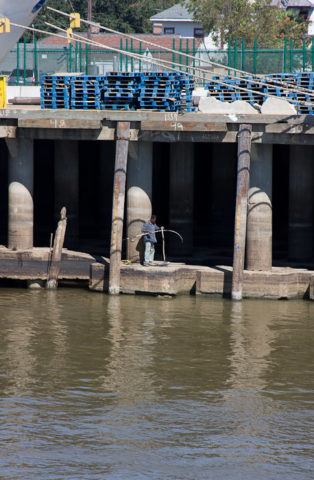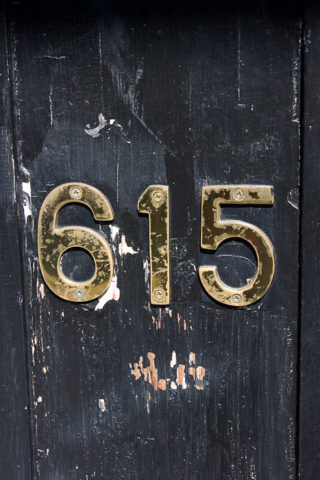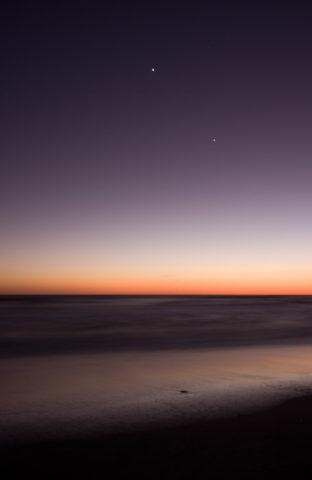Photography, Production of Illusions



I was reminded recently by a rather heated debate that boiled down to a lot of advocating towards specific techniques and technologies, that the how has little to no real meaning in the ultimate ends of photography. You could say in a way that either coincidentally or as a result of the discussion I had an epiphany about the reality that is photography. As I see it, photography, isn’t about taking a picture or capturing a moment in time, but making a connection with the viewer of our images. There is no math, glass, or gear involved here, simply an image and the response it evokes in the viewer.
Fundamentally, we produce illusions that are designed—whether we know it or not—to evoke a response from those that view our work. To deny this is to deny the entire purpose of photography, and perhaps even art it’s self. I think this is a critical idea that’s often missed though. Possibly, because it’s so much more fleeting than the concreteness of megapixels and resolution and possibly because in a world where almost every one can have a camera and take pictures the very act of doing so means very little to so many people.
The concept of an image being an illusion is important for another reason, quite simply in a very technical sense the image itself, whether produced by film or digital capture is an illusion. There is no property of the medium that fundamentally makes one more or less true to reality as much as pundits of either medium would like you to believe. There is no truer representation possible, the ultimate product is the effect of varying colors and intensities of light being reflected off or emitted from a surface. Nothing more and nothing less, to that end, a digital image works no different than one captured in layers of photo reactive chemicals.
This brings me back to technique and technology. Quite seriously, I think the only people who find any of this relevant are other photographers, and in many cases, I think they put far too much emphasis on exploring the minute details of it than what they can do with it. Pixel peeping as it’s come to be called now. Does our equipment have an impact on our ability to create, or vice versa, undoubtedly the answer is yes.
The age old argument about what’s more important, the photographer or the camera though is predicated on the flawed idea that either can exist with out the other. Or really, that with out access or knowledge of the equipment a concept may never even be born, let alone brought to fruition.
Ultimately, it’s important to remember that the image produced is more important than the process and equipment used to produce it. I have no delusions about this short note, I know it’s not going to stop arguments over whose camera is superior or whose technique is better. I do hope though, it brings some perspective to the argument.
Happy holidays, and happy shooting.
Comments
I guess you could say, we need to “use your illusion”? Heh. Ok I’ll stop with the bad puns.
Seriously though, brilliant writeup. And as usual, masterful photography.
I think you hit the nail on the head that the camera and the photographer cannot exist without each other. To me that strikes at the very heart of the argument. It is essentially a cooperative effort, technology and technique working harmoniously.
Very thought provoking essay. I cannot wait for another post!